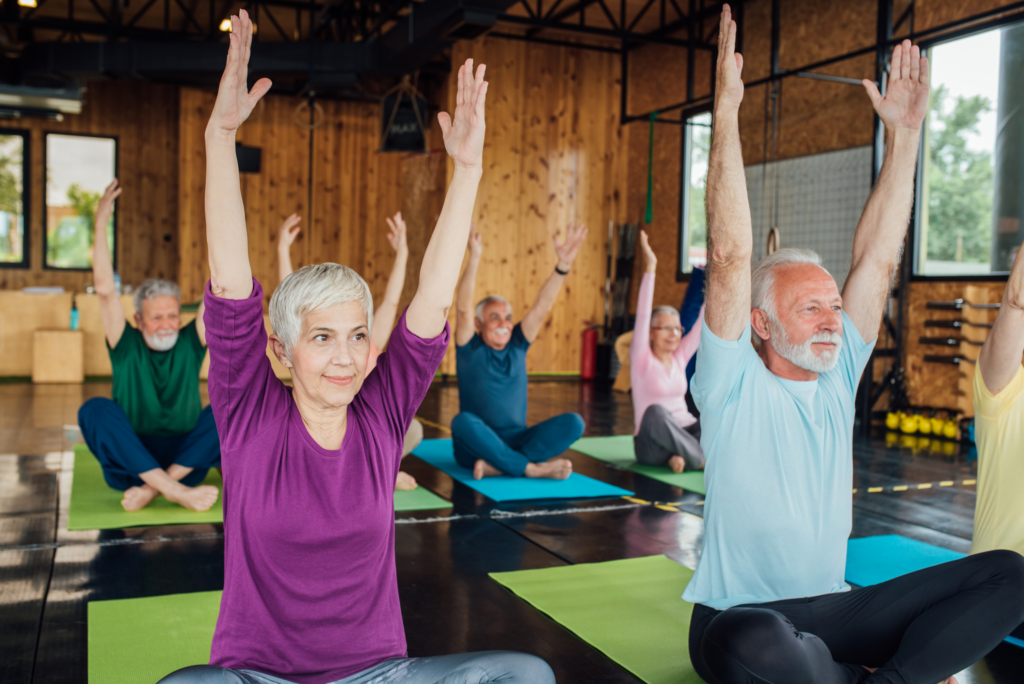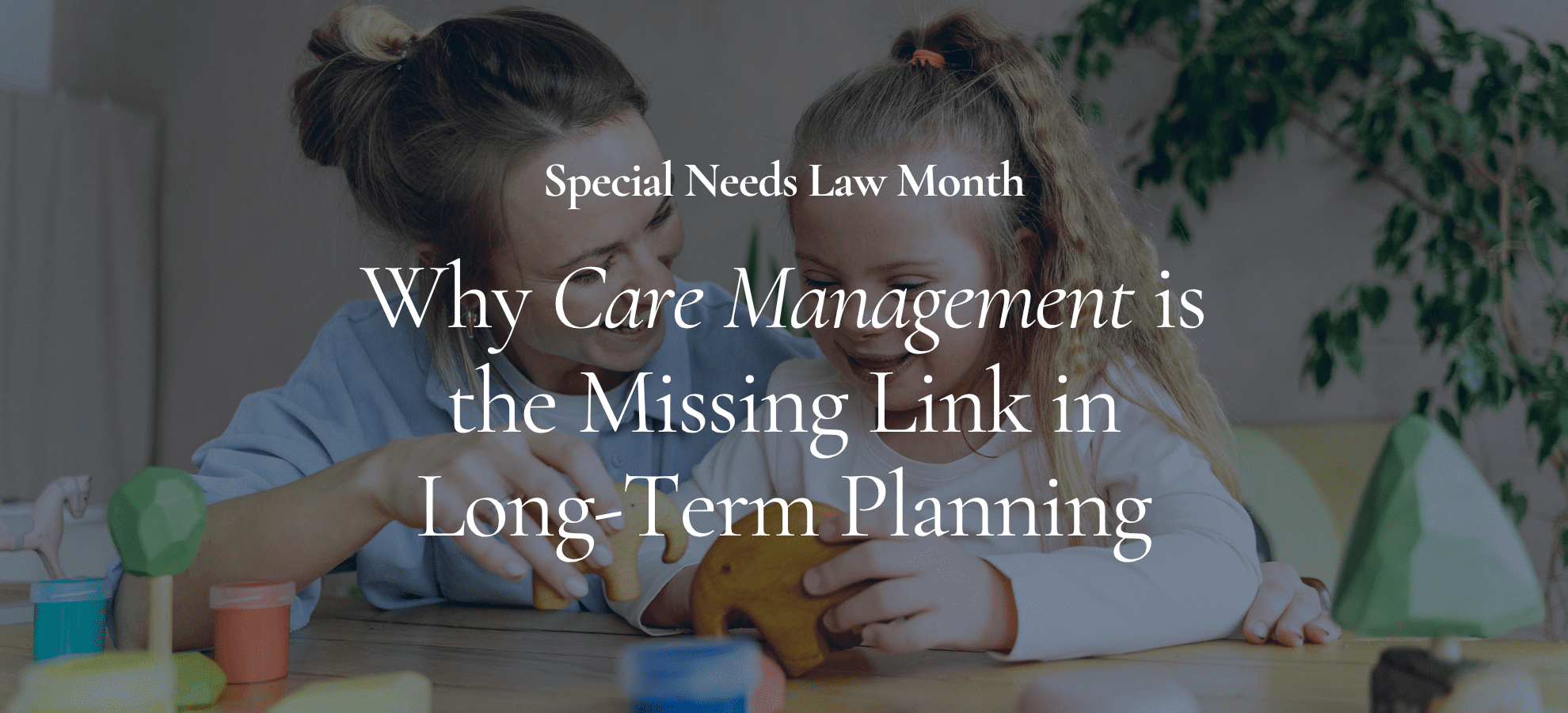5 Nutrition Tips for Seniors
As people age, their nutrition needs may change, and it is important for senior citizens to know how to get the most nutrition out of their food choices. March is National Nutrition Month, and it is a good time to raise awareness of the importance of making informed food choices as well as developing good exercise patterns. With the proper diet and exercise, seniors can remain healthy and feel more energetic. Here are 5 health tips for seniors to help them live longer and healthier lives.
1. Eat a Nutritious Breakfast
Starting your day with a nutritious breakfast is one of the most important things you can do for your health as a senior. A healthy breakfast helps to provide you with the essential nutrients, vitamins, and minerals that your body needs to function properly. Eating a balanced meal in the morning can also help to kick-start your metabolism, reduce cravings throughout the day, and help you maintain a healthy weight. It can also provide you with energy throughout the day and help to improve your concentration and focus.
When planning a healthy breakfast, try to include foods from all five food groups – fruits and vegetables, grains, proteins, dairy products, and fats and oils. Eating a combination of these foods will provide you with the nutrition that you need for optimal health. Some great options for a nutritious breakfast include oatmeal topped with nuts or fruit, whole-grain toast with peanut butter and a banana, or an egg and vegetable scramble.

2. Get Regular Exercise
Exercise is an important part of a healthy lifestyle for seniors. Regular physical activity can help seniors to maintain strength and mobility, reduce their risk of chronic diseases, and improve their overall quality of life. There are many exercises that are beneficial for seniors, such as walking, swimming, cycling, tai chi, and yoga. Seniors should talk to their doctor or healthcare provider about the types of exercises that are appropriate for them and any restrictions they may have. It is important to set realistic goals and to listen to your body so that you don’t overdo it. Regular exercise can be done in short bouts throughout the day and does not have to be strenuous to be beneficial.

3. Eat Pleanty of Fruits and Vegetables
Eating plenty of fruits and vegetables is one of the most important nutrition tips for seniors to live longer. Fruits and vegetables are packed with essential vitamins, minerals, antioxidants, and fiber that help support your body’s health and reduce your risk of developing chronic diseases. They are also low in calories and contain no added sugar or salt, making them a healthier choice than processed foods.
The benefits of eating plenty of fruits and vegetables include:
• Improved heart health: Fruits and vegetables are high in potassium and dietary fiber, which can help lower blood pressure and reduce cholesterol levels. This helps keep your heart healthy and reduces your risk of heart disease.
• Reduced risk of cancer: Eating lots of fruits and vegetables can reduce your risk of developing certain types of cancer, such as stomach, lung, esophageal and colorectal cancers.
• Stronger bones: Fruits and vegetables are rich in vitamin C and K, which are both essential for healthy bones. Vitamin C helps your body absorb calcium, while vitamin K helps to maintain bone density.
• Improved digestive health: Eating plenty of fiber-rich fruits and vegetables can help keep your digestive system healthy by promoting regular bowel movements and reducing the risk of constipation.
• Healthy weight: Fruits and vegetables are low in calories and high in fiber, making them a great choice for anyone trying to lose or maintain their weight. Eating them regularly will help you feel full longer, so you don’t overeat.
Overall, including plenty of fruits and vegetables in your diet is one of the best ways for seniors to stay healthy and live longer. Fruits and vegetables are packed with essential vitamins and minerals, and they provide many health benefits that can help protect against chronic diseases. So, make sure you incorporate plenty of fruits and vegetables into your daily meals!

4. Drink Plenty of Water
Water is essential to keeping your body healthy and hydrated, particularly for seniors. It helps keep your skin healthy and wards off dehydration. Seniors need to drink plenty of water throughout the day to stay hydrated, especially during hot days and times of intense physical activity. The daily recommended intake of water for an adult is at least 8-10 cups per day. However, if you are older, overweight, or suffer from a chronic illness, you may need to drink more. Talk to your doctor about how much water you should be drinking each day. Drinking plenty of water can also help with other aspects of senior health, such as digestive health and the prevention of kidney stones. It can also help reduce constipation and improve blood pressure levels. In addition to drinking water, eating foods with high water content such as fruits and vegetables can help increase your water intake. Some of these include cucumber, celery, tomatoes, spinach, watermelon, and strawberries. Eating more water-dense foods can also help you feel fuller and consume fewer calories overall. By following these tips, seniors can ensure they are getting the proper amount of water each day and reap the many health benefits that come with it. Drink up!
5. Avoid Processed Foods
Some common processed foods to avoid include chips, frozen meals, sugary drinks, white bread, and canned soups. These types of processed foods are typically loaded with unhealthy additives, preservatives, and sugar that can contribute to health risks such as obesity and diabetes. Eating a diet of mainly fresh fruits, vegetables, and whole grains is the best way to get essential vitamins, minerals, and antioxidants. Whole grains provide important B vitamins and minerals as well as healthy carbohydrates that aid in digestion and keep you feeling full longer. Try to limit processed snacks in between meals such as candy bars, chips, or other sugary treats. Aim for healthier snacks such as nuts, seeds, yogurt, hummus, fruit, or granola bars. Not only will these snacks keep you fuller longer, but they also provide more nutritional value than processed snacks.
In addition to avoiding processed foods, reducing the consumption of salt and saturated fats is also important for maintaining a healthy lifestyle. Eating too much salt can lead to high blood pressure and other cardiovascular issues while consuming too much saturated fat can raise cholesterol levels and increase the risk of heart disease.
By avoiding processed foods and sticking with a diet of whole, unprocessed foods, seniors can maintain a healthy lifestyle and increase their chances of living a longer life.
At Arosa, our caregivers work in conjunction with doctors’ recommendations to ensure our clients are getting the proper nutrition intake to maintain a healthy energy level. We encourage daily exercise for seniors, as tolerated, eating a balanced diet, and drinking plenty of liquids.

Sources:
Healthy Eating Tips for Seniors. The National Council on Aging. Available at: https://www.ncoa.org/article/healthy-eating-tips-for-seniors
March is National Nutrition Month. Community Health of Central Washington. Available at: https://www.chcw.org/march-is-national-nutrition-month/
Nutrition for older adults. MedlinePlus. U.S. National Library of Medicine. Available at: https://medlineplus.gov/nutritionforolderadults.html
Nutrition for seniors: A caregiver’s primer to common eating problems. WebMD. WebMD. Available at: https://www.webmd.com/healthy-aging/senior-nutrition
Vitamin K (2023) The Nutrition Source. Available at: https://www.hsph.harvard.edu/nutritionsource/vitamin-k/



